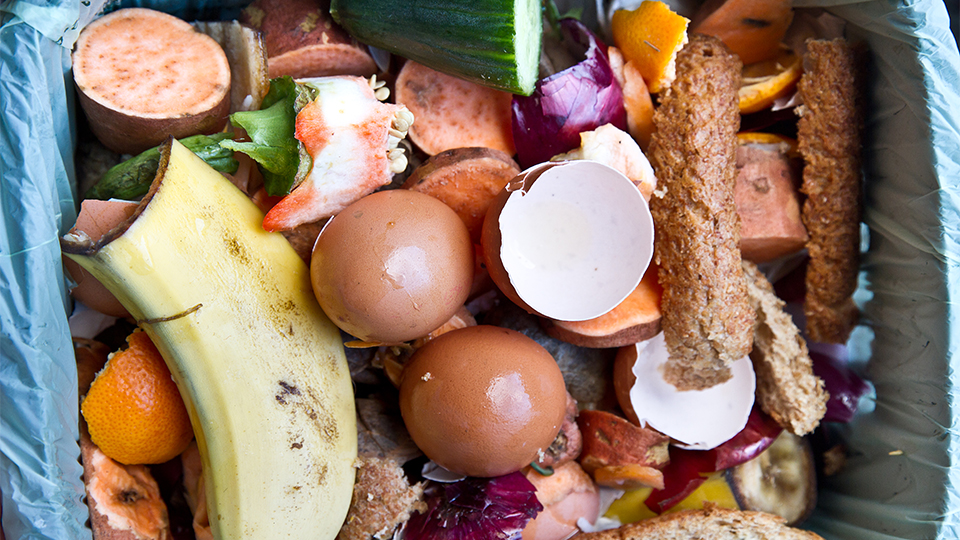More than 30% of food produced across the world each year is wasted or lost, and 25% of this food could feed almost 800 million undernourished people alone according to the campaign’s website.
In the uncertain times we are currently living in, our weekly food shopping experience has changed. The sight of empty shelves in the supermarket is a weekly reality and now more than ever it is important we take action to buy smartly (as well as safely) but waste less and save money, whilst ensuring there is enough for all through responsible consumption.
Cooking can provide an opportunity to bring order and routine to what may have become unstructured days. Cooking as a family can provide a shared experience and learning tool for children as well as an opportunity to try new meals. A good meal will often bring a sense of pleasure into our lives, supporting our mental wellbeing.
With help from the University’s Sustainability team and resources from Love Food Hate Waste, we’ve put together six top tips for staff and students:
- Plan your meals each week: Jot down the meals you’d like to eat each week and work out what ingredients you need. To help you, why not print out Loughborough University’s very own food planner designed by our food sustainability experts?
- Consider reserve options: In these uncertain times have an idea for a back-up meal or two in case you can’t get the ingredients you hoped for, or be prepared to substitute or mix and match.
- Be inspired by new recipes: Revitalise leftovers with creative ideas and recipes. Check out Stop Food Waste Day’s recipe pages or alternatively here are some tips from Good Housekeeping and Bon Appetit.
- Only buy what you need: Overbuying can often lead to waste and cause you to be more out of pocket, despite how tempting the multi-buy offers may seem.
- Understand where your food likes to live: Do you like to keep your eggs in or out of the fridge? Love Food Hate Waste has put together a useful A-Z guide of food items and the best way to store them, as well as freezer advice and ways you can use up any produce before it gets wasted.
- Understand your portions: Sometimes we can miscalculate how much food to make for a meal, which can result in leftovers that are thrown away. Using gadgets such as Love Food hate Waste’s portion calculator can help you learn what the right amount is.
Nik Hunt, Environmental Manager commented: “We have all struggled to find something we normally expect to find on the shelves whether this is eggs, pasta, rice or beans, but we have also, I’m sure, seen the news stories about wasted food.
“Reducing our food waste should not be a one-day activity though. Research shows that on average we throw away 6.6 million tonnes of household food waste each year in the UK, and almost three-quarters of this is food we could have eaten - the equivalent of about £700 per year for the average family with children.”
This initiative is aligned to Goal 12 – Responsible consumption and production of the United National’s Sustainable Development Goals. More information about the University’s commitment to these goals can be found here.








